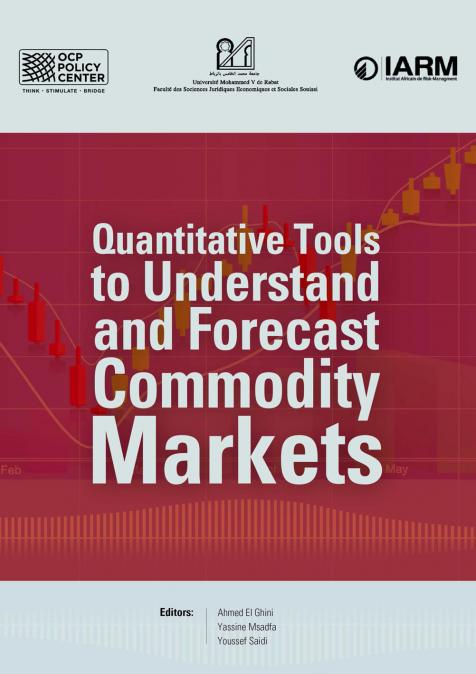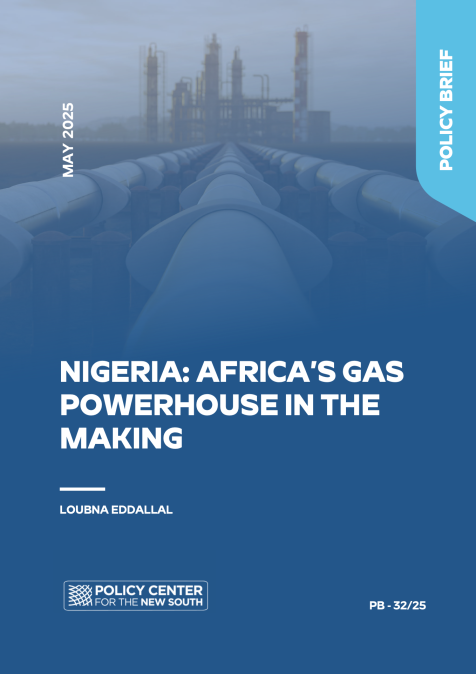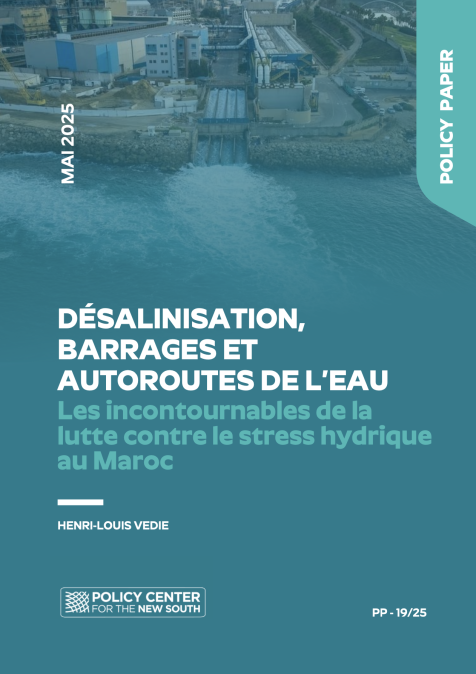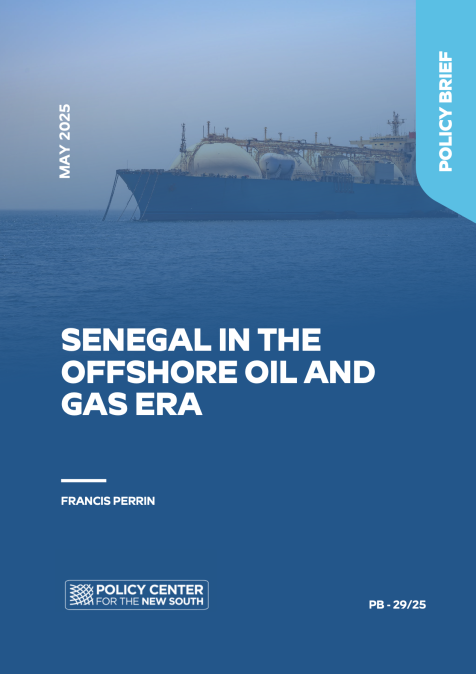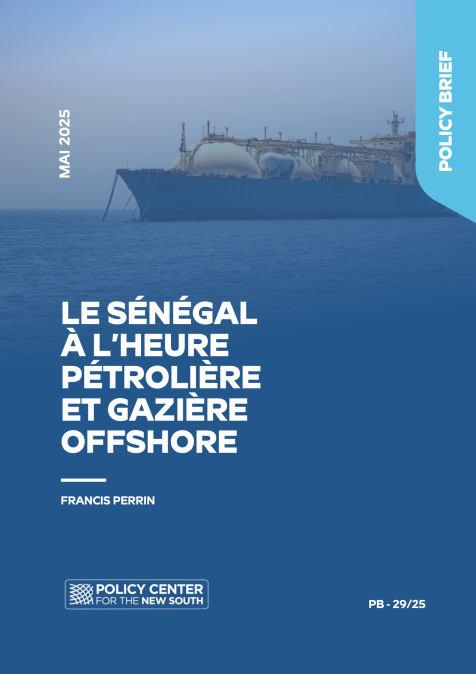Publications /
Book / Report
Understanding the commodity markets development and dynamics is of first-order importance for the global economy, since they seem to impact the determination of a significant portion of incomes and welfare of both commodity-consuming and commodity-producing nations. Indeed, for many economies, especially developing countries, commodities remain an important source of export earnings, and commodity price volatility has a major impact on their overall macroeconomic performance. Consequently, the relevance of studying how we can improve and expand our knowledge of commodity markets (of crucial importance for both economists and decision makers) has spurred the publication of a vast range of literature, using a large variety of quantitative approaches. Those approaches have employed a broad spectrum of methodologies, from structural to non-structural models. Within this framework, an international workshop was held on September 28, 2016, at the OCP Policy Center in Rabat to discuss the wide development and application of commodity markets and industries models. The present Book, which represent a collaboration between The Faculty of Law, Economics and Social Sciences (Souissi) of Mohammed V University in Rabat, the African Institute of Risk-Management and OCP Policy Center, collects the revised and updated versions of the five papers that were presented at the workshop.

